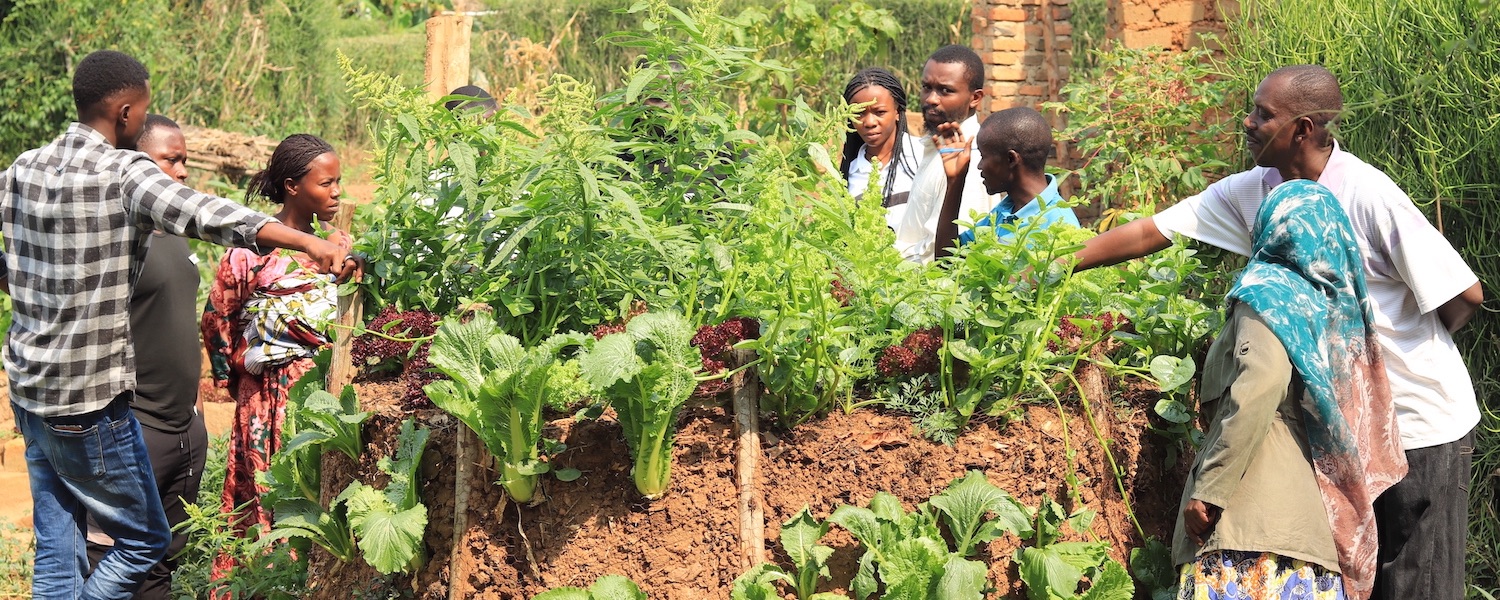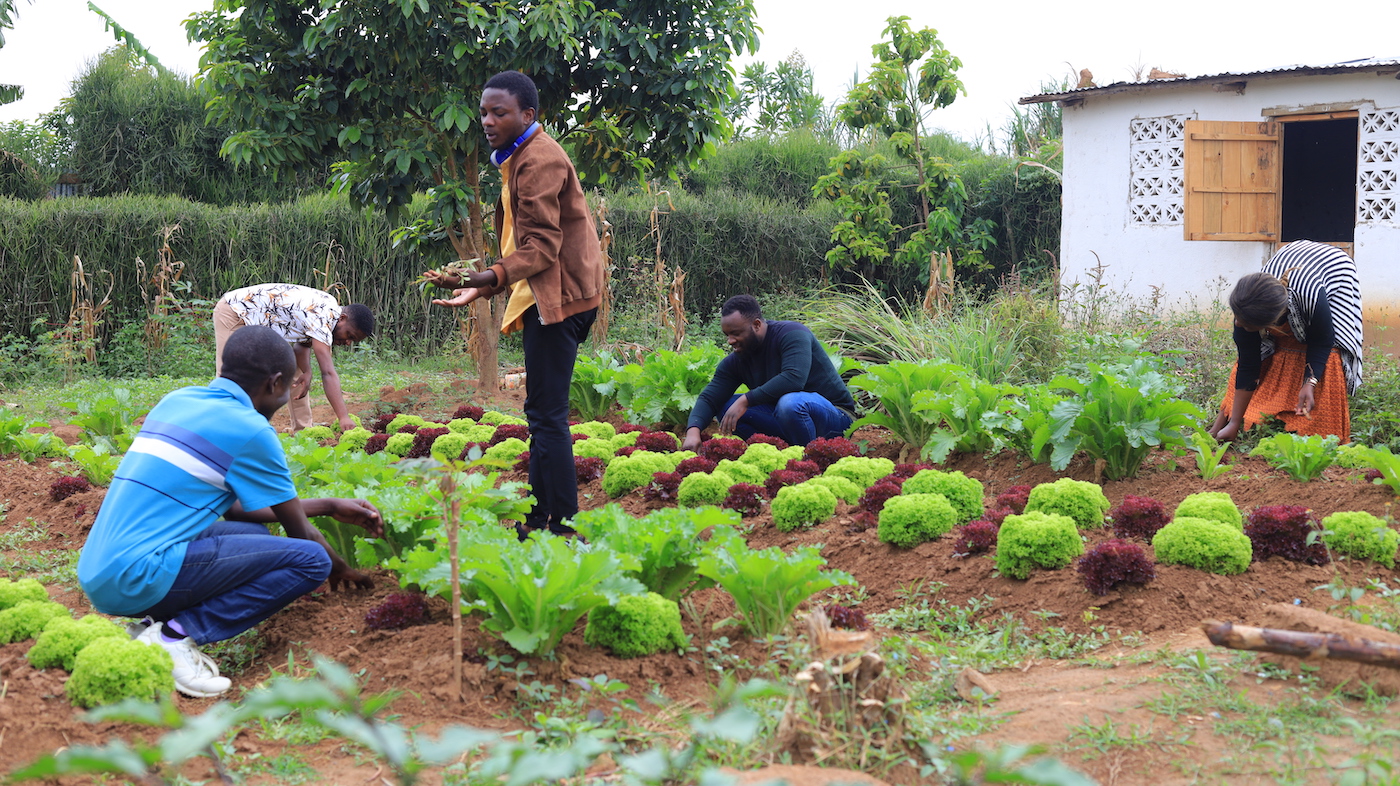Imagine living in a place where you don’t have any opportunity to generate money that can help you look after your family. Even worse, imagine only having to survive on a $3 food rationing quota system!
Imagine living in a place where you don’t have any opportunity to generate money that can help you look after your family, or, imagine only receiving $3 per month in food rationing, and as a result, you must face hunger and malnutrition, daily. It is difficult to imagine surviving on only $3 of food per week, never mind per month, but that is the stark reality that residents here at the Nakivale Refugee Settlement in Uganda are facing.
At 61 years old, the settlement based in the Isingiro district of Uganda is home to over 150,000 people from at least 8 different countries in Africa. They come from the Democratic Republic of Congo, Somalia, Burundi, Rwanda, Ethiopia, South Sudan, and Eritrea; all coming to Nakivale to escape poverty, climate change, war, and political suppression. However, aside from the sheer number of refugees, there are further challenges that threaten the stability of the settlement.
For many years, the World Food Programme (WFP) has provided food aid to help sustain the people living here. However, the rising cost of food globally has unfortunately generated a reduction in the number of food rations that they would typically provide for each refugee. Since 2018, the WFP has only provided 13000 UGX per month per refugee – equivalent to only 3.48 USD. This has created a widespread food shortage and has contributed to a hunger crisis, malnutrition, and the rise in child labour.
The problem is compounded by the growing global cost of food, the price of which is increasing almost daily as the planet faces higher prices due to a number of global challenges. However, the rising cost means diminishing supply for Nakivale and the likelihood that the settlement could face even further cuts to rations in the future.
Finding a sustainable solution to provide food for the thousands of people living here has become of critical importance. Right now, there are zero job opportunities, with around 44% of young refugees in Uganda unemployed due to the lack of sufficient skills and experience. There is also a substantial lack of decent work offerings and a rigid and unaffordable education system, as well as limited social networks in place.
Paulinho Muzaliwa, Founder of Unidos highlights the growing problem. “Humanitarian aid is decreasing every day, and the worrying part is that donors have started losing interest in donating for the long-term survival of the refugees.” Part of the driving force behind a solution, Paulinho is compelled to find sustainable and regenerative ways to feed everyone without being reliant on outside food aid in the future. He says, “It is the best time to think outside of the box and figure out how we can shift away from the dependence on humanitarian aid, and start creating ways to become independent and self-reliant. To reach this goal as refugees, we need to build the skills using the correct tools so that we can adequately respond and solve the current crisis that exists.”
A major part of what Paulinho and the team are doing here at Nakivale is Permaculture Training; farming and cultivating food, whilst spreading the teaching to refugees so that everyone is equipped to feed themselves sustainably. There is a strong desire to turn the settlement into a regenerative community where every refugee will have access to clean water, healthy food that is enough to feed the growing community, and quality education that promotes creativity and self-progression.

So, What is Permaculture Training?
Permaculture has multiple definitions. However, at Nakivale, permaculture is defined as ‘the development of an agricultural ecosystem in a sufficient way using local and renewable resources.’ The training programme draws inspiration from nature to develop synergetic farming systems based on crop diversity, resilience, and sustainability.
People in the community who are really passionate about agriculture are recruited to take part in the course. Then, training typically lasts for 3 or 4 weeks, which includes; two weeks of theory and 1 or 2 weeks of intense practice of what they have been learning. Breakfast is provided in the morning, and group activities throughout the day help to build relationships within the group of trainees.
At the end of the training, students graduate and are given toolkits to the value of $15 which consist of watering cans, a hoe, and a box of seeds.
Who is Taking Part?
Men have been the most active in different training groups throughout the settlement. However, this has made us more determined than ever to encourage more women to become involved. Everyone must be part of the movement for creating the change we want to see, regardless of their gender or their roles within their communities. By working together, we can empower one another to take charge of the education and growth of newer generations to come.
It is important, not only for the men who have already undertaken the training, but for everyone within Nakivale to be able to take control of the care and welfare of their own families. This will aid them in becoming self-reliant and will result in a dramatic reduction in malnutrition and child labour. It is also important that everyone at the settlement can effectively socialise with others and relate to different communities who have sought refuge here. As well as Permaculture Training, there is also the hope that education and stability will help to promote unity and peace within the community.
Annual crops are the most cultivated here, for example, maize, beans, lettuce, and vegetables like spinach, cabbages, etc.
Why Do We Need Permaculture Training?
To date, more than 1700 people have done Nakivale’s Permaculture Training since last year, which has become a life-changing skill for many people. The course is a way for students to grow their own crops and take care of the soil. However, it is more than just farming. It has contributed to the personal development and growth of the community as a whole. It has also led to the employment of several students within the Unidos team, who are now empowered to teach the course to other refugees.
People need this training as it is the only way to learn and understand the natural method to create an abundance of crops, using local and costless resources to promote resilience, food security, and sustainability. More people with Permaculture skills are needed within the settlement to share better thinking around sustainability to co-create and regenerate the Nakivale community.
There have been several attempts to grow foods without success or with a very low yield. People have started applying chemical fertilizers to see if they could harvest more food. After surveying 15 farmers who employed this tactic, they told us that for the first time, they did get enough food for that period. However, with the continuation of fertiliser use, crop yield has seen a decline, so this method is not sustainable.
At Nakivale, the soil is eroded. Getting access to water is also a challenge. Refugees often go several days without taking a bath and growing food is not easy. Therefore, soil generation must take place organically. Worms acquired from Kampala are used to compost food waste, resulting in fresh soil that is fit to grow crops in. The Permaculture training promotes this knowledge and will provide a long-term, sustainable solution for the refugees to become independent of food aid. They will also get to eat their own organic food!
What Are the Outcomes?
When they grow crops, we encourage people to share as it is part of the 3 ethics of Permaculture, called “Fair Share,” which are:
- Care for the Earth: Permaculture is based on the understanding that caring for the planet is essential for our survival, and that we must use resources sustainably.
- Fair Share : Permaculture is also concerned with meeting people’s needs in a sustainable way. This includes providing access to food, shelter, energy, and other necessities of life.
- People Care: Permaculture encourages us to share the surplus of our resources with others. This includes sharing knowledge, skills, and materials with our communities. We share what we get and we give the harvest food from our demonstration site to the most vulnerable families.
Paulinho Muzaliwa is hopeful for the future of the settlement, as more families are empowered to co-create and transform Nakivale into a regenerative community.
Looking To the Future
Climate change is having a major effect on people every day, but it is something that the Unidos team must mitigate in the coming years. For now, the team are continuing to encourage community members to take part in Permaculture Training as it means that more refugees will be equipped with the skills and tools to grow their own food.
For Paulinho Muzaliwa, it is a chance for the different nationalities to come together as a whole, putting the growth and regeneration of their food supply and the education of their community first so that everyone has access to a sustainable future, independent from food aid. Muzaliwa says, “We cannot solve our challenges with an old mindset; one that keeps us miserable and destroys the core of our humanity and spirit. Nakivale has become our home these past years, and this inspires us to re-write our story as a people; one that will spur the next generation of resilient and creative thinkers!”

